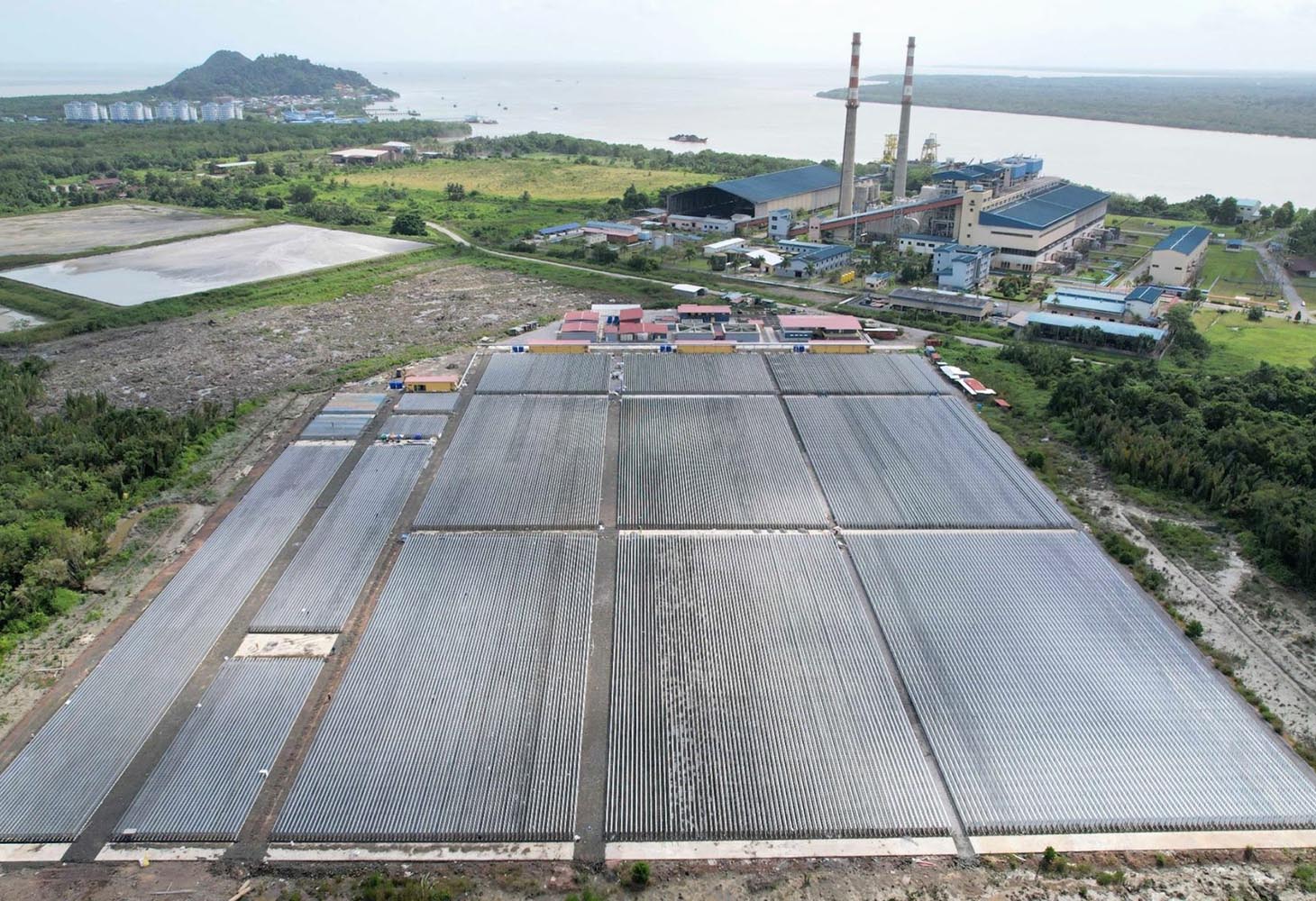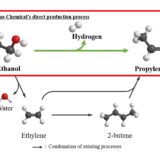
Chitose starts microalgae production in Sarawak, Malaysia
Chitose Group said that the construction of a five-hectare (ha) microalgae production facility in Sarawak, Malaysia, has been completed and production of microalgae has started.
Dubbed Chitose Carbon Capture Central (C4), the project is funded by the Green Innovation Fund of Japan’s New Energy and Industrial Technology Development Organization (NEDO), a national research and development agency that creates innovation by promoting technological development necessary to attain a sustainable society. C4 is expected to produce 350 dry tons of microalgal biomass per year.
Towards 2030, Chitose plans to expand production to 2,000 ha, which can potentially yield 140,000 dry tons of microalgal dry-biomass per year. The company estimates production cost at this level will be less than USD2.5 per kilogram (kg) biomass.
Chitose aims to expand production further to more than 10 million ha, which will be the approximate equivalent of one-twentieth of the world’s maize harvested area, yielding 700 million dry tons of microalgal biomass annually. At this scale, the company estimates that production cost could be less than USD0.5 per kg biomass.
Chitose’s ambition is to establish a stable, continuous, and large-scale production of microalgae. It also aims to develop applications for a wide range of industrial materials, including fuels and plastics, to replace fossil fuels.
Chitose Group is a family of biotechnology companies. Chitose Bio Evolution Pte. Ltd., which oversees the entire group, is located in Singapore, while Chitose Laboratory Co., Ltd., the core company of the Chitose Group, is located in Kanagawa, Japan.
The Chitose Group has collaborated with other organizations in various industries in a project called “MATSURI” to build a new algae-based industry to replace the oil industry, and is working toward the development of bio-products. In English, Matsuri means festival.
Chitose Laboratory, which is a member of the Green Innovation Fund Project is receiving funding for building a global industry based on the direct use of CO2 through photosynthesis. Working with the Japan Microalgae Technology Association, the total project cost is approximately JPY50 billion (USD377 million). The implementation period for the project us scheduled from FY2023 to FY2030. Comprised of 34 companies, the project includes ENEOS, Kao Corporation, Sumitomo Mitsui Banking Corporation, Hiroshima University, Nagaoka University of Technology, Tokai National University, Nagoya University, etc. In addition, the Chitose Group will raise private funds in order to accelerate this project.









